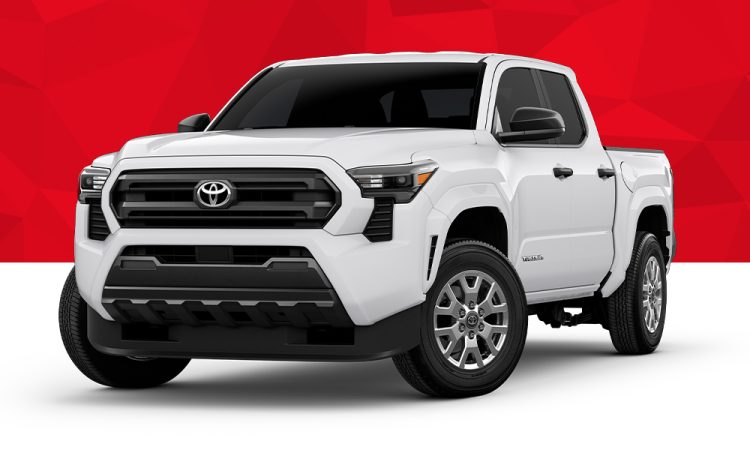
Purchasing a vehicle can feel like stepping into a maze of picks. Individuals frequently compare certified and non-certified choices before determining. Each option suits different needs and financial goals. An skilled one comes with examination checks, while others may offer more affordability but less guarantees. The correct choice depends on how much importance you place on reliability against saving money.
Inspection Quality and Reliability
Certified options undergo extensive testing procedures that improve performance consistency and ensure mechanical soundness. Non-certified ones may lack such detailed checks, but still offer decent working conditions when properly maintained. Visit https://www.mavericktoyota.com/used-vehicles-san-diego for reliable quality assurance and trustworthy deals meeting maintenance standards and customer satisfaction every time.
Buying Decision Insights
- Buyers preferring assurance should consider reliability through certified programs before paying full price.
- Those prioritizing affordability prefer cheaper alternatives, maintaining personal budget flexibility instead.
- Each selection provides benefits influenced by future ownership goals and immediate affordability levels.
- Certification enhances credibility, helping convince first-time buyers seeking dependable transactions.
- Purchasing decisions must align closely with personal values, ensuring sustainable satisfaction for years.
Vehicle Condition Assurance
Certification ensures components meet factory-level checks, improving buyer confidence. Though non-certified ones might show wear signs, careful buyers can still find well-kept models offering remarkable endurance.
Ownership Assurance Factors
Buyers choosing certified units often aim for zero hidden problems within mechanical systems. Non-certified picks may appeal more to budget-focused buyers who prioritize cost flexibility during purchase decisions.
Feature and Value Comparison
- Certification ensures credibility, safety, and quality assurance every time buyers invest carefully.
- Non-certified promotes flexibility, allowing wider budget preferences for various buyers’ comfort levels.
- Warranty protects against unexpected repair costs, safeguarding financial safety over time more effectively.
- Certification offers trusted standards with professional inspection confirming durability and reliability consistently.
- Budget choices remain appealing, maintaining control for realistic purchase expectations every season.
Maintenance Records and History
Certified ones come with detailed background information, increasing transparency. Non-certified options may lack documented history, making authenticity verification slightly harder but not impossible, depending on the seller’s credibility.
Resale Value Influence
- Certified resells for higher rates as trust remains consistent across ownership cycles.
- Non-certified typically depreciates faster compared to certified due to a lack of inspection assurance.
- Buyers acknowledge secure investments, ensuring long-term satisfaction during ownership enjoyment.
- Certification logo builds confidence, improving deals faster on secondhand markets globally.
- Value preservation depends largely upon documented care through professional maintenance records.
Carefully evaluate maintenance records, history reports, and certification validity before spending money. Analyze how ownership goals align with benefits available under inspection-covered options versus budget-centric alternatives. Always balance cost with reliability potential by comparing reconditioning standards and transparency levels. A certified item often delivers longer-lasting peace, whereas a non-certified item can fulfill affordability needs. Visit https://www.mavericktoyota.com/used-vehicles-san-diego for trusted deals ensuring genuine condition and sustained performance precision.



